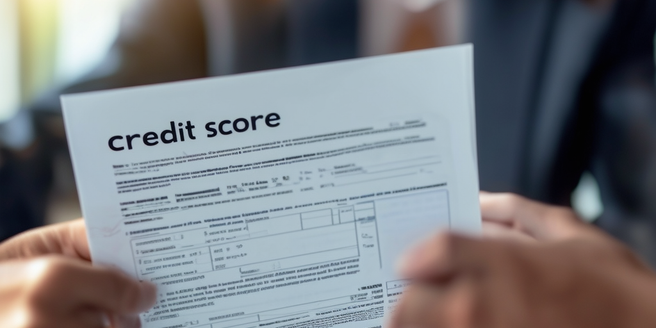
Understanding the Impact of Bad Credit on Your Financial Status
Having bad credit is not merely a minor issue; it significantly affects your current financial standing and future opportunities. A low credit score implies a history of missed payments or imprudent financial choices, which hurt your credibility with lenders. Poor credit not only reduces your financial status but also raises borrowing costs due to higher interest rates from lenders who view you as high-risk. If you’re seeking credit or loans in the future, a low credit score can make it less likely for lenders to approve, seeing you as a potential defaulter. Thus, bad credit hampers future prospects and limits your financial mobility. Maintaining a healthy credit score is essential for developing trust with lenders and preserving your financial flexibility for robust economic growth.
Various Bad Credit Loans Options
Although a poor credit rating can limit borrowing choices, several alternatives exist, from payday loans and personal installment loans to collateral-based loans, useful in times of financial difficulty. Payday loans are often available to those with bad credit and provide quick financial aid. Personal installment loans are another option, allowing smaller, regular repayments over an extended period. However, collateral-based loans entail pledging an asset like property or a car as a security, permitting potentially lower interest rates. Yet, high interest rates and strict repayment rules associated with these loans can increase the total repayment amount and result in fines. So, a thorough review is vital before borrowing, considering these potential risks a crucial part of the decision-making process.
How to Qualify for a Bad Credit Loan
Applying for a bad credit loan involves specific steps to increase approval chances. Firstly, potential borrowers must assess their current credit score, setting realistic expectations about securing the loan. Next, they should compile all necessary documents ahead of time, such as proof of identity and income, and bank statements, to expedite the application process. Potential borrowers should then compare different loan types to select the most feasible option based on their financial situation. After choosing a suitable loan, it is crucial to scrutinize the related terms and conditions, to avoid any surprises and ensure knowledge about costs, interest rates, repayment timeline, and penalties for late payment. Demonstrating a reliable income stream raises the chances of qualifying for the loan, as lenders are more likely to approve applicants who can guarantee repayment over time. These steps, diligently undertaken, significantly enhance the odds of a successful loan application.
Top Tips to Overcome Financial Emergencies with Bad Credit Loans
Managing financial crises using bad credit loans requires meticulous planning and thoughtful deliberation, underscoring the need for responsible borrowing within your repayment capabilities. Avoiding a cycle of debt with these loans can be challenging but feasible through consistent and prioritized repayments. Setting up automatic payments or reminders may help to prevent missed payments that could hurt your credit score and escalate your debt.
It might also be helpful to consider credit counseling services or advice from financial experts for further understanding and guidance. These professionals can provide a comprehensive analysis of your financial status, explain the terms of your loan, assist in designing a realistic budget and repayment plan, and educate about alternate financial solutions. Whether dealing with bad credit or seeking to enhance financial knowledge, consulting with experts can be beneficial.
In conclusion, responsible management of bad credit loans can alleviate financial emergencies, requiring diligent planning, regular repayments, and professional advice if needed. Utilizing these strategies can facilitate navigation through financial crises without worsening your credit or sliding into unmanageable debt.
Managing Renewed Financial Control after a Bad Credit Loan
Repaying a bad credit loan can be a turning point that enables us to scrutinize and revise our money management strategies. To do this, setting a strict budget is key. We can do this by differentiating between essential and non-essential expenses and focusing mainly on the former, even if that requires some sacrifices. It’s also important to prioritize saving over spending by setting aside a portion of your income before discretionary purchases. This shift promotes financial resilience and the creation of a safety net for unexpected costs. Lastly, it’s best to limit non-essential spending and curtail buying items or subscribing to services that aren’t necessary. This practice enables you to save and build up a substantial rainy-day fund, which safeguards against future debt. The process to financial freedom requires discipline, knowledge, and resilience, and starting the repayment of a bad credit loan could be the trigger that sets you off on this path.
